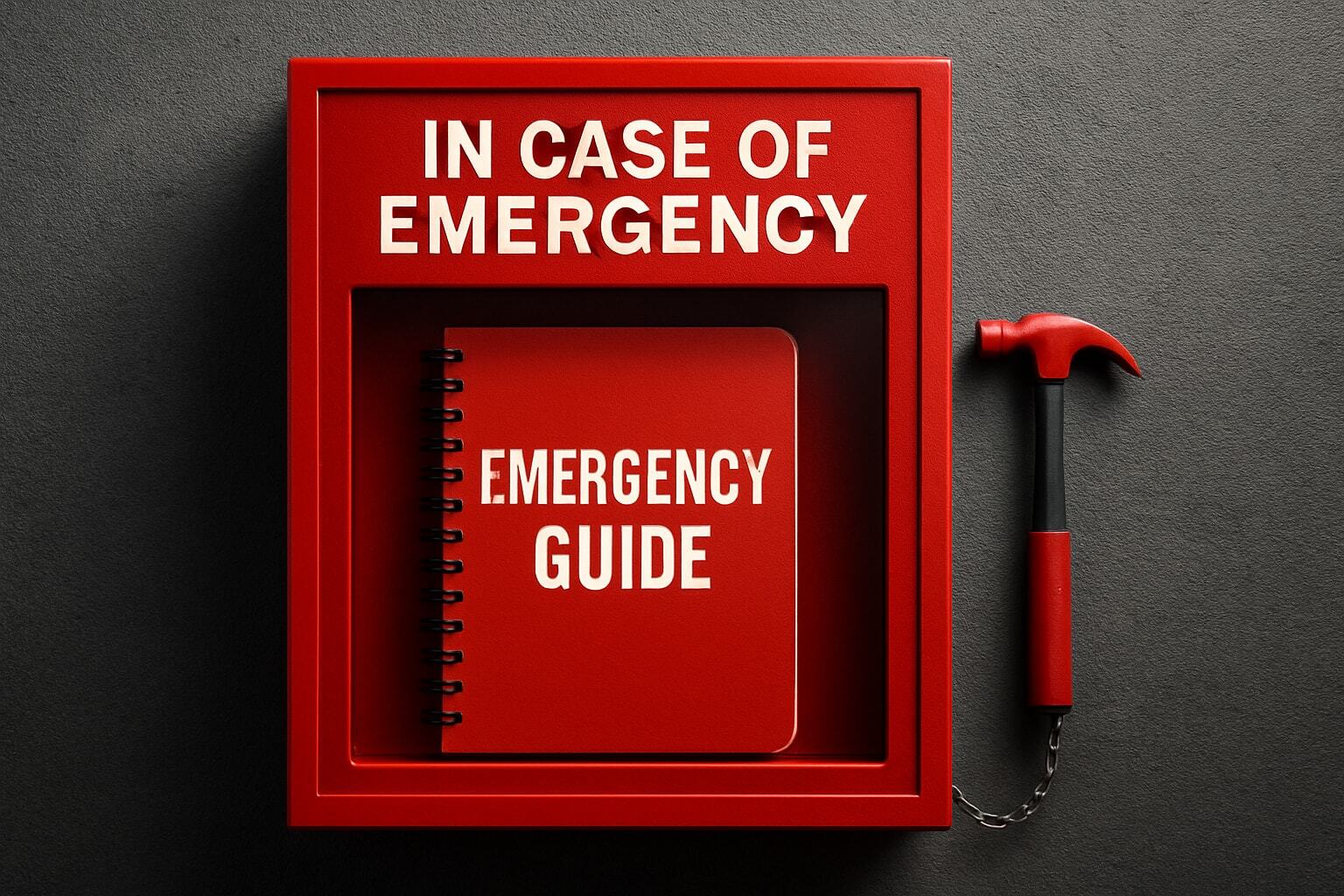Trustee vs Trustor: What's the Difference
If you are planning to set up a living trust, you will hear a lot about two similar terms – trustee and trustor. Although these appear the same, they have significant differences. Therefore, it is crucial to understand the differences between them before finalizing your trust.
Generally, trustees and trustors have a unique role during the trust lifecycle. In austere worlds, a trustor is the person who creates a trust, while a trustee is the person assigned to administer it.
Moreover, it may be straightforward, but both the trustee and trustor must follow the instructions in the trust to keep it legally valid. Likewise, if a trustor chooses to manage his trust, both duties can overlap.
In addition, there are different types of trusts; therefore, it is critical to understand this concept before developing a trust.
What is Trust?
A trust is a legal document a trustor sets up to own or hold their assets. There is no limit on the nature of assets, including property, investments, digital assets, vehicles, cash, etc.
However, compared with a testament or last will, a trust offers privacy and a smooth transition of assets. Therefore, trust is a better option for a person who intends to have better control over his assets while living and after his death.
Furthermore, there are numerous types of trusts, and your requirements will determine the best option for you and your loved ones.
A Trustor
A trustor is the person or entity who creates a trust. A single person, more than one person, or even an organization can be a trustor. A trustor is also known as a "grantor" or "settlor" in different states.
Furthermore, the trustor will "fund the trust" by filling the trust with his assets. In addition, they will mention the names of the beneficiaries (people or organizations). Likewise, the trustor will outline all guidelines and instructions for the distribution of assets.
The information mentioned above is placed on a trust agreement or declaration of trust document.
Duties of a Trustor
To make a valid trust, a trustor must fulfill below obligations:
- A trustor must appoint a trustee to oversee the trust or nominate himself as a trustee. However, if they designate themselves as trustee, they must select a successor trustee to administer the tasks if they become incapacitated or pass away.
- The next step is to set the terms and conditions of the trust. It includes which assets fall under the trust deed and their respective beneficiaries. Likewise, it will also have the date of activation of the faith, for instance, about an heir when he reaches a certain age or achieves a specified life milestone.
- The trustor must outline who the beneficiaries are and how much they will get a share from each asset. The beneficiaries can include family members, friends, or nonprofit organizations.
- In addition to nominating beneficiaries, the trustor must also provide details about the share of assets each beneficiary will get. For example, the trustor may wish to pay a beneficiary's tuition fee by selling his property upon this death. Likewise, they can outline how to distribute their jewelry in a certain percentage between family members.
A Trustee
Since a trustor creates a trust, a trustee is responsible for executing the same trust.
Like a trustor, a trustee can be a single person, multiple persons, or even an organization. Moreover, a trustor can even nominate himself as a trustee or a beneficiary of the trust. Further, the trustor determines the duties of a trustee.
The trust type, terms, and conditions determine when a trust becomes valid; thus, a trustee's duties begin and end. Their duties can start as soon as they are appointed or may begin later, as outlined in the trust, after a particular event, like the trustor's death.
Duties of a Trustee
The trustor mentions the duties of a trustee in a trust. So, they must follow the same terms and act according to the details mentioned in the faith. Moreover, once a trustee accepts his role, they assume fiduciary responsibility for the trust.
Therefore, a trustee must act in the best interest of the trust's beneficiaries. Likewise, they can be removed from their role if they fail to perform to the best of beneficiaries.
Generally, a trustee has to perform the following duties:
- Firstly, a trustee must oversee routine tasks, like maintaining records and paying bills or taxes. Therefore, the duty starts immediately after the trust becomes valid, and the trustee has to resume his responsibilities.
- Secondly, he must start distributing assets to the beneficiaries as outlined in the trust. Moreover, the declaration of trust may include clauses for payment of liabilities from the support of the trustor.
- Depending on the conditions of the trust, the trustee may have to pay certain payments from the trustor's assets. These expenses may include charges like taxes, attorney fees, utility bills, funeral costs, or a trustor's healthcare.

Steps to appoint a Trustee
If you are planning to appoint a trustee, you can follow the below steps to legally complete all requirements required for the appointment of a trustee.
- A trustor fills a trust outlining assets details and its distribution.
- A trustor nominates a trustee through the trust and gets confirmation from the trustee by getting it signed by a relevant person or organization.
- Most lawyers recommend having a revocable living trust (RLT). Since an RLT is a flexible trust, it allows a trustor to make amendments as and when required.
Frequently Asked Questions
What is the difference between a trustee and an owner?
A trustee takes care of the trust assets. For example, if you have a car, you own the vehicle and sell it anytime you want. However, a trustee is a person who is not the actual owner of the assets but instead acts on behalf of the owner as entrusted by the trust.
What happens if a trustor dies?
If a trustor dies, the assets remain under the custody of the trust. If the trustor has nominated himself as the trustee, the successor trustee will take over the trust management.
However, the trustee must administer the trust per the trustor's guidelines. It includes the distribution of assets among beneficiaries and the subsequent termination of the trust.
Who is usually a trustee?
No legally binding authority exists for nominating a trustee; however, a close family member, friend, lawyer, or institution (bank or trust company) is usually designated as a trustee.
Parting Thoughts
Trustee vs trustor is a concept that confuses many people. A trustor is a person or an organization that writes down a trust, empowering another person or organization, known as the trustee, to act on his or her behalf in the case a particular event occurs.
Therefore, the trustor appoints a trustee to oversee the distribution of assets as per his wish. However, the trustor can also appoint himself as his trustee. In this case, he must appoint a successor trustee to manage tasks if he dies.
Generally, a trustor writes a trust document bearing details regarding a list of assets and their beneficiaries. The document also includes the appointment of a trustee and its acceptance. Moreover, the trust contains details of payments details, like taxes, utilities, and others.
With this, we conclude our discussion differentiating trustee and trustor. We hope you enjoyed reading and are now fully aware of the concept. Please leave feedback in the comments section.

.png)


